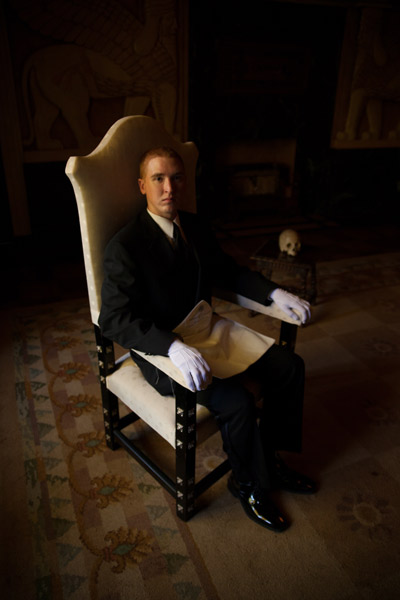by Shawn M. Gorley
The majority of the population in colonial America lived along the coastline’s for simple reasons being that it was where the chances for employment, social gatherings, churches and you guessed it, it was where most of the early Masonic Lodges where located. In this period, and as the populations moved westward the only chance a man or child had at an education was limited to mainly three things, 1) they took apprenticeship in a trade, 2) They were educated in biblical teachings through the church and 3) the Masonic Lodge. Unless you were from a wealthy family, these were the main ways an everyday average person could achieve any education at all. The Brethren of the early Lodges were slowly realizing how their Masonic education was affecting the world around them for the better. “As early as 1732 the Masons became vocal promoters of free public schools in the colonies. Freemasonry was slowly laying down the foundations of our American system.”[1]
If the men were getting an education through their association with the Masonic Lodge or from the association with a Freemason why couldn’t their children get a better education? Why should a formal education be reserved for only the wealthy, why shouldn’t all children have the privilege to be educated, after all look what good and what a huge impact a Masonic education was doing for the communities during this time. “The Lodges sought to civilize, to teach manners and decorum, to augment the order and harmony of civil society. They taught men to speak in public, to keep records, to pay taxes to be tolerant, to debate freely, to vote, to moderate their feasting, and to give lifelong devotions to the other citizens of their order.”[2] “ To no order in society is the encouragement of schools and the advancement of knowledge more valuable than to the fraternity. The liberal arts and sciences were formally taught in Lodges and Brethren imparted instruction to their children and others than was found in any except Masonic families.”[3] Why wouldn’t this be a desire of those Freemasons? These Masons would not have been upholding their obligations by merely doing nothing, so as any good Mason should do they moved to assist in the movement for a free public education for all children based on what they were learning, all by spending in only mere hours in a Lodge room per month.
One of the earliest schools of the colonial days, that is now known as the University of Pennsylvania is a school that was a product of Brother Benjamin Franklin’s actions in aiding in the betterment of the education of the public. I think it is safe to say that Franklin had no idea his simple little school would develop into one of the most respected Ivy League Universities in the country from its humble beginnings. It started out as being different from all others even though its influence was confined to just the area of Philadelphia Pennsylvania. “It had no counterpart in
Europe and had no religious motive.”[4] Students in attendance of this school were of Latin Grammar school age; or in present terms, of high school age, however unlike its counterparts Franklins school had the intention of not only preparing its students for college but for normal life as well. This took place in 1749 and was known as the “Publick Academy of Philadelphia.” The interesting thing about Franklin’s new school was that its counterparts were Harvard, William and Mary, Yale and Princeton, which at the time were geared only for the educating of the clergy rather than educating their students for everyday life in subjects such as business, public service, and general education of the seven liberal arts and sciences. “The curriculum advanced by Franklin included navigation, surveying, agriculture, and the spoken languages of the day, natural history, chemistry, physics, government, and history.”[5] This initial curriculum over the mid eighteenth century was gradually forced to mold as the time progressed but, “his school is pointed to as the first American Academy, which was the transition institution from the Latin Grammar school and the English grammar school to the modern high school.”[6] Franklin’s school eventually became the College of Philadelphia, and is now known as the University of Pennsylvania once it was made a private school in 1791 after the revolutionary fervor had finally died down. “The eighteenth century was an incredible time for both the University and for the young American Republic. The University saw rise to the first medical school in the colonies in 1765 when John Morgan organized a medical faculty.”[7] To the school. Some of our new countries earliest law lectures under its brand new government were given in 1790 at the University. By the end of the first half century of the school it had been educating the leadership of not only its own school but for the new nation as well, nine signers of the declaration of Independence and eleven signers of the Constitution were associated with the University in one way or another. One of the most coveted Ivy-League Universities in the country, as well as Americas first High School and University came to be all because one Freemason saw the importance of an equal education for all, a man that knew that if our soon to become country was to succeed it needed to have educated, wise citizens for this to be possible. One of the most popular and recognized Freemasons of all time felt so strongly on this that he included in his farewell address, Brother George Washington states. “Promote then, as an object of primary importance, institutions for the general diffusion of knowledge. In proportion as the structure of a government gives force to public opinion, it is essential that public opinion should be enlightened.”[8] The Father of our new nation, a man that fought so hard for so long to see that we had a free country under our own rule knew that if the country was going to survive, education of its people was crucial to making this happen.
Brethren the above was just a small portion of a much longer research paper I wrote a while back. The reason I decided to shorten it and tweak it a bit for this month’s article is very simple. The Founding Fathers of our nation and in this case Brother Benjamin Franklin knew very well that in order for the dream of a new nation to succeed, its citizens must be educated for it to prosper. The early Lodges also knew that education was a necessity in order to become better men. Education is one of the main principles our Fraternity was founded upon.
If you are reading this magazine and article it is safe to say that you do have a desire for improving yourself and expanding upon your Masonic education, seriously why would you waste your hard earned money on a magazine like this if you didn’t? Now as I begin to close up this article I have to ask the million dollar questions……what happened? Are the majority of Lodges not realizing that in order to prosper, just as our young nation did we must be educated to make that possible? For the future of this Fraternity we must not only educate ourselves and live up to our obligations and as the saying goes, “let us practice outside, these lessons we have learned within.” Brethren I do not have all the answers and I never will but there is one thing I am absolutely certain about and extremely passionate about and it comes from not only my own personal experiences Masonically speaking but from some very close Brothers of mine as well, as we often chat and discuss Masonic issues. Masonic Education is the key to our Fraternity’s survival! Whether you’re a member of a Traditional Observance Lodge or a regular Lodge does not matter. Each man has his own tastes and preferences, but the main point no matter what type of Lodge you belong to that I will pass on to all of you is that if this Fraternity as a whole, no matter what Lodge you belong to does not do more to enlighten and teach a Masonic education our Fraternity will eventually become meaningless and die off. My example for this point…. look at the Lodges that are nothing more than business type meetings, I know we have all seen one somewhere. Have you ever noticed the difference in attendance between that type of Lodge and one that regularly has good educational and enlightening programs? The difference is astronomical and we also have to realize, and I can say this from experience being a Lodge mentor and from observing different Lodges when I travel to speak and give programs. The younger generation that is coming into the Fraternity desire the education and thrive on it! Let us be all be smart enough to take advantage of this and not only teach them but further our own Masonic educations for the betterment of this Fraternity that we all love.



